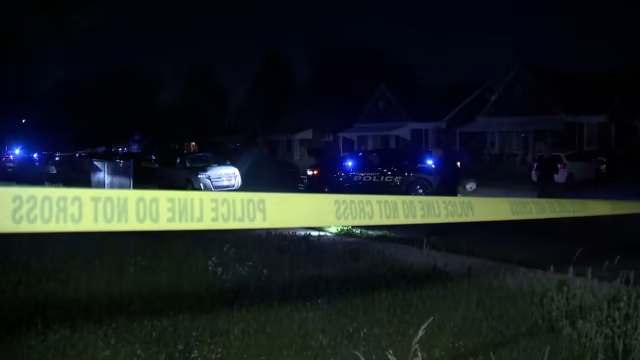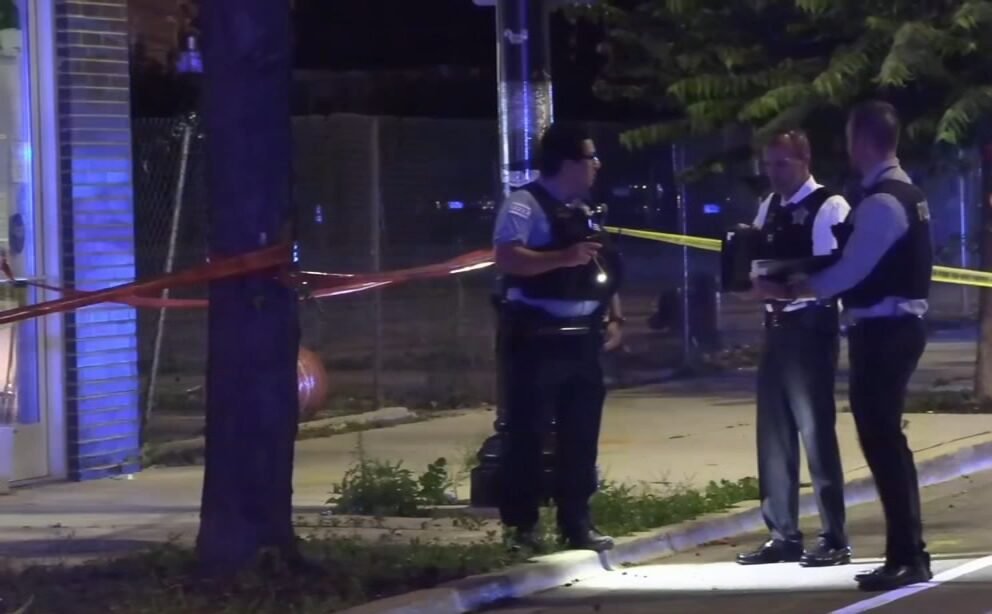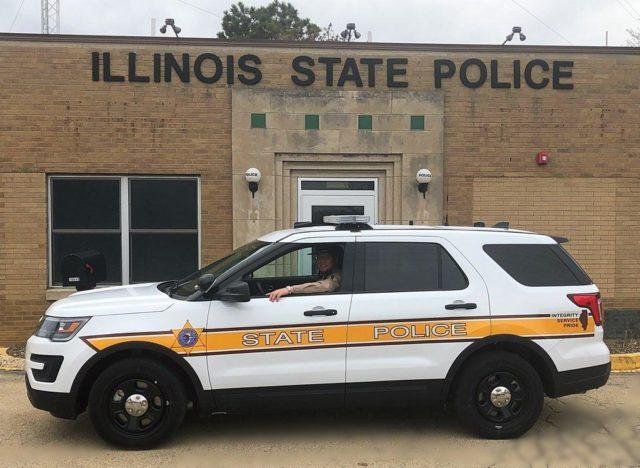ILLINOIS — The recently passed $55.2 billion state budget is facing strong criticism from the Civic Federation, which labeled the plan “incomplete” and heavily reliant on temporary financial maneuvers that may hurt Illinois’ long-term fiscal health.
The budget, approved by lawmakers on May 31 and awaiting Gov. JB Pritzker’s signature, includes $1 billion in new revenue and over $2 billion in increased spending for fiscal year 2026. But critics say the spending plan falls short of addressing core structural issues and instead leans on fund sweeps and delayed payments that could destabilize future budgets.
Short-Term Tactics Raise Long-Term Concerns
Joe Ferguson, president of the Civic Federation, said the state missed an opportunity to build fiscal resilience.
“It’s an incomplete budget,” Ferguson told Capitol News Illinois. “It does not add in any meaningful way to address structural issues. It’s a maintenance budget.”
One major concern is the use of $271 million in fund sweeps—money pulled from underutilized accounts to plug budget gaps. The FY26 plan also pauses several transfers, including the final installment of the motor fuel sales tax to the road fund, diverting $171 million meant for infrastructure projects into general spending.
Additionally, the budget suspends a $45 million monthly transfer to the rainy day fund, a decision Ferguson called “absolutely a mistake.”
Emergency Fund Raises Eyebrows
The budget also gives Gov. Pritzker access to a $100 million “emergency” fund, aimed at addressing unanticipated shortfalls.
Pritzker defended the plan, saying the structural deficit has improved since he took office.
“We’re diminishing the one-time expenditures… We’ve gotten much closer than ever before to balancing that structural deficit,” he stated at a news conference.
However, Ferguson warned that relying on temporary fixes now could worsen the situation if future federal cuts materialize.
Federal Uncertainty Could Complicate Budget Further
Federal policy changes—especially from a potential Trump administration—could shift costs onto states. The U.S. House has passed a domestic policy bill that would reduce Medicaid funding and phase out clean energy tax credits. Illinois lawmakers are bracing for the impact.
House Speaker Chris Welch told reporters the legislature is prepared to return to Springfield if major changes are needed, stating, “We passed a budget based on what we knew at the time.”
Criticism of Legislative Process
Another major issue raised was the speed and lack of transparency in how the budget was passed. The 3,300-page bill was introduced and passed in under 24 hours, with key tax provisions filed just five hours before the vote.
“It was chaotic, nontransparent — even to the legislators who had to vote on it,” Ferguson said. “Not the way we want to do business.”
The Illinois Freedom Caucus has even filed a lawsuit in Sangamon County, alleging the process violated constitutional requirements for legislative readings. Legal experts believe the suit is a long shot due to the “enrolled bill doctrine,” which defers procedural judgments to legislative leaders.
Looking Ahead
Despite the budget’s passage, questions remain about its long-term viability. With looming transit shortfalls, unpredictable federal changes, and postponed infrastructure funding, fiscal experts say Illinois may be forced to revisit its 2026 budget sooner than expected.
What do you think of the state’s new budget plan? Should Illinois prioritize long-term fixes over short-term solutions? Join the conversation at ChicagoSuburbanFamily.com.














